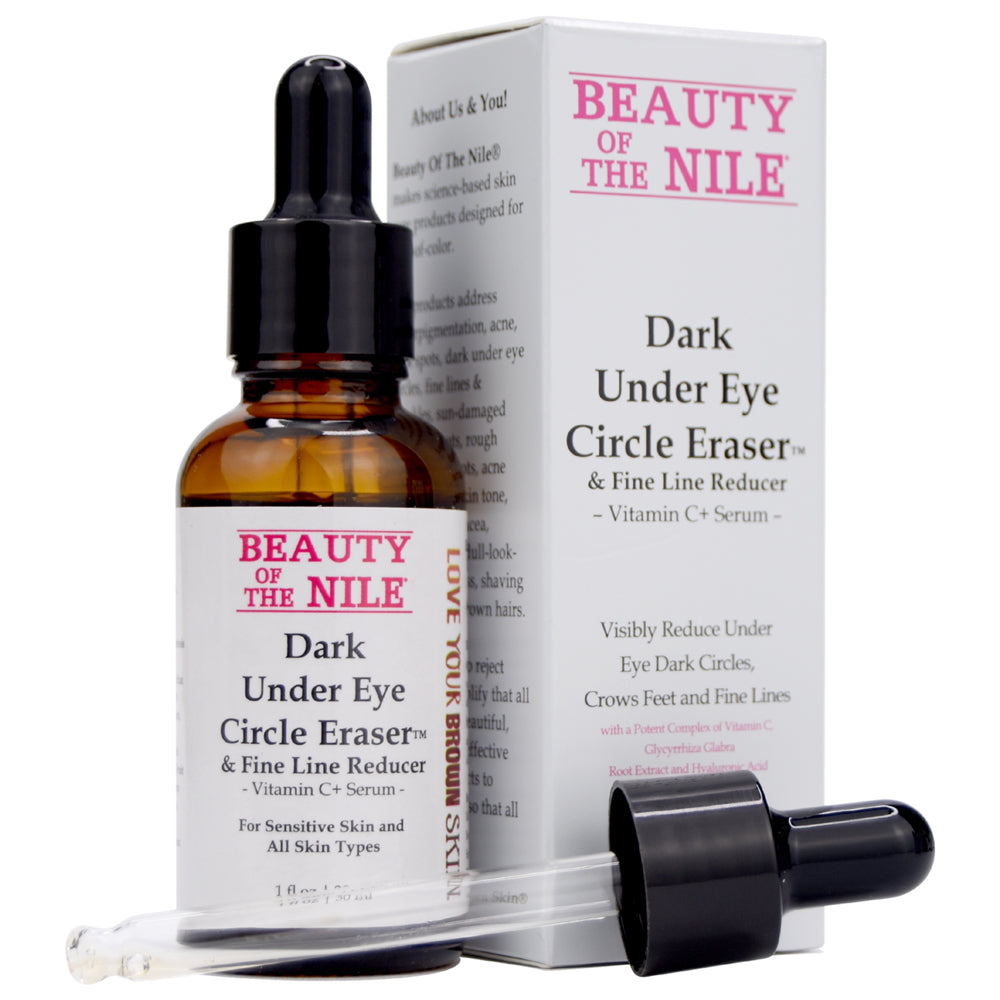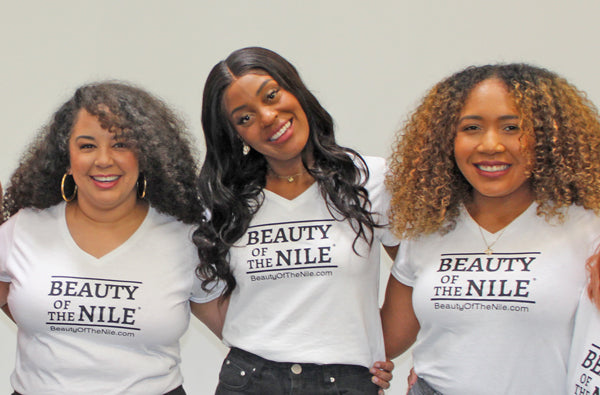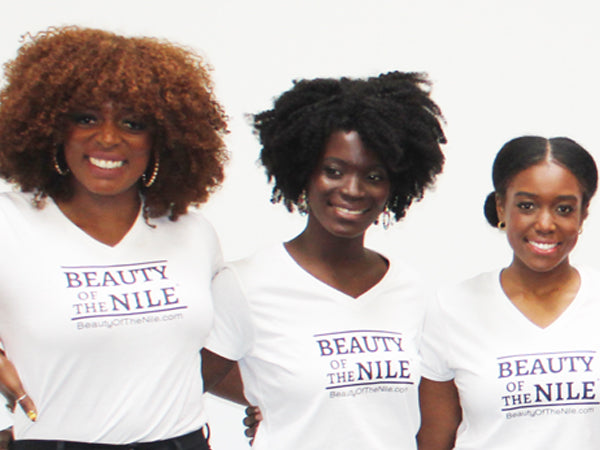What If?
You might think I spend all of my time building Beauty Of The Nile and getting ready for the launch of the Yelling Ant Social Network. And, you might not be far off. But… Surprise! I ask questions. And then I seek answers.
My friends call these my “Thought Experiments.” Let me know your thoughts.
by Darryl L. Mobley
So I’m having lunch with a few friends this past weekend and I asked those at the table this question: “Imagine that the slave trade in Africa had never happened and the European countries had not exploited the African continent — and if the countries in
Africa had developed in line with the development of the European countries. What would the African countries and continent be like today - - economically, culturally, health wise, educationally, personal liberties, healthcare, literacy, GDP, women’s rights, and so forth?"
In other words, I asked, “What If?”
Here's what we came up with. Check out our final thoughts below the chart. I’d love to hear your thoughts.
| Category | Africa Today (Reality) | Alternate Africa (Developed Like Europe) | Why This Conclusion? |
| Political Structure | 54 independent countries with varied political stability. Some strong democracies, others affected by coups, corruption, or authoritarianism. | Stable democracies with strong institutions. Functioning federations or unions like the EU, promoting peace and cooperation. | Without colonization, indigenous governance systems (like kingdoms, empires) would have evolved into modern democracies without imposed borders causing conflicts. |
| GDP (Total) | Around $3 trillion (2023). Economies rely heavily on raw material exports with limited industrialization. | $40-50 trillion+, comparable to the EU’s combined GDP. Diversified economies with advanced industries in tech, finance, and manufacturing. | Africa has vast natural resources. Without exploitation, it would have controlled and benefited from these resources, driving rapid economic growth. |
| GDP Per Capita | Averages $2,000-$5,000 in most countries, with significant wealth inequality. | Around $40,000-$50,000 per capita, similar to countries like Germany or France. | Economic policies would have focused on value-added industries rather than raw exports, leading to higher income levels for the population. |
| Wealth Distribution | High inequality with small elites holding much of the wealth. Many depend on informal economies. | Broad middle class with reduced poverty levels. Social welfare systems similar to Europe’s. | Without exploitation, African governments could have built strong social safety nets, ensuring equitable wealth distribution. |
| Education & Literacy | Literacy rates around 65-75%. Limited access to quality education, especially in rural areas. | 99% literacy rate. Free, high-quality education through university level, like in Finland or Germany. | Indigenous education systems (like Timbuktu’s ancient universities) would have evolved, and stable economies would support universal education. |
| Healthcare & Life Expectancy | Life expectancy: 60-65 years. High rates of preventable diseases and limited healthcare access. | Life expectancy: 80-85 years, like Sweden or Italy. Universal healthcare with advanced medical technology. | A stable, wealthier Africa would invest in healthcare infrastructure, reducing diseases and increasing longevity. |
| Personal Liberties & Democracy | Mixed levels of freedom. Some strong democracies, but also authoritarian regimes and restricted press freedoms. | Strong democracies with freedom of speech, press, and political participation across the continent. | Without colonial influence disrupting governance, African political systems would evolve with indigenous democratic traditions, like consensual decision-making. |
| Women’s Rights | Significant gender inequality in many countries. Limited access to education, leadership roles, and economic opportunities. | Gender equality similar to Scandinavia. Equal pay, political representation, and reproductive rights. | Many pre-colonial African societies had powerful female leaders (e.g., Queen Nzinga, Kandake of Kush). Their influence could have expanded over time. |
| Technology & Innovation | Growing tech hubs (like Nairobi’s Silicon Savannah), but limited R&D and dependence on foreign tech. | Global leader in innovation, with African companies like “African Google” or “African Tesla” dominating industries. | Stable governance and wealth would foster R&D investments, and indigenous innovations would flourish without historical disruptions. |
| Infrastructure | Underdeveloped in many areas: poor roads, unreliable electricity, and limited high-speed rail. | High-speed rail networks, efficient public transport, and 100% electrification using renewable energy. | Wealthier, stable nations would prioritize infrastructure investments, similar to Germany’s Autobahn or France’s TGV system. |
| Cultural Influence | Rich heritage, but global media dominated by Western narratives. Growing influence in music (Afrobeats) and film (Nollywood). | Cultural superpower, with African cinema, fashion, and music shaping global trends. | Without colonization erasing cultural practices, Africa’s diverse traditions would evolve into global cultural forces, influencing art, fashion, and media. |
| Food Security & Agriculture | Many regions face food insecurity due to climate issues, poor infrastructure, and conflict. | Net food exporter, with advanced agricultural technology ensuring 100% food security. | Without exploitation disrupting local farming, Africa’s fertile lands would support sustainable agriculture and food independence. |
| Military & Global Influence | Limited military power, dependent on foreign aid for security in some regions. | Strong, independent defense forces like NATO-level military alliances. Major role in global diplomacy. | Unified, stable African nations would have built strong defense systems and become key players in global politics and peacekeeping. |
| Environmental Sustainability | Facing deforestation, desertification, and pollution due to unregulated resource extraction. | Leader in renewable energy and environmental conservation. Protected natural heritage with sustainable development. | Indigenous environmental practices would continue, and wealthier governments would invest in green technologies and climate resilience. |
Why These Conclusions?
- Natural Resources as a Foundation for Wealth
- Africa is incredibly rich in minerals, oil, fertile land, and biodiversity.
- Without foreign exploitation, resource revenues would stay within Africa, funding education, infrastructure, and healthcare.
- Indigenous Systems of Governance
- Pre-colonial Africa had sophisticated political systems (e.g., the Mali Empire, Ashanti Kingdom, Great Zimbabwe).
- Without colonial disruption, these systems would evolve naturally into modern democratic institutions, similar to Europe’s transition from monarchies to democracies.
- Cultural Flourishing Without Suppression
- Colonization often erased or suppressed indigenous languages, religions, and customs.
- A non-colonized Africa would see its art, philosophy, and literature grow globally, much like Europe’s Renaissance and Enlightenment periods.
- Economic Growth Through Industrialization
- Colonization blocked Africa’s path to industrialization, using the continent mainly for raw material extraction.
- In this alternate “What If?” history, Africa would industrialize in parallel with Europe, creating global corporations and advanced economies.
- Gender Equality Rooted in Pre-Colonial Traditions
- Many African societies valued women’s leadership, with roles in governance, military, and trade.
- These traditions would expand over time, leading to gender equality similar to Nordic countries today.
- Education as a Driver of Innovation
- The University of Timbuktu was a major center of learning long before European universities. (For those at the back of the room, the University of Timbuktu was one of the most advanced centers of learning in the world during its peak from the 12th to the 16th centuries. Located in Timbuktu, Mali, it was part of a broader network of schools and libraries that made the city a thriving intellectual hub in medieval Africa.)
- Without disruptions, Africa would have global educational institutions producing leaders in science, technology, and philosophy.
- Global Leadership and Influence
- A peaceful, prosperous Africa would play a central role in the United Nations and international diplomacy, influencing world affairs alongside the U.S., EU, and China.
Final Thoughts
In this “What If?” world, Africa would be a global superpower, not just economically but culturally, technologically, and politically.
- GDP: $40-50 trillion+
- Literacy: ~99%
- Life Expectancy: 80-85 years
- Cultural Influence: Dominant in fashion, music, film, and philosophy
- Global Power: A key voice in global diplomacy and peacekeeping
While history cannot be changed, understanding this potential helps us reframe Africa’s future possibilities—because the ingredients for greatness are still there.
By the way, I'm inviting you to join Yelling Ant social network right now. It's free and what we are building will be fantastic! We will be better when you join. Go now to YellingAnt.com.
As always, be sure and “Love Your Brown Skin!”























Comments
s. Moore said:
Arab Muslims colonized North Africa, the Horn of Africa and further south. Their slave trade started hundreds of years prior to any European involvement —and STILL goes on today!